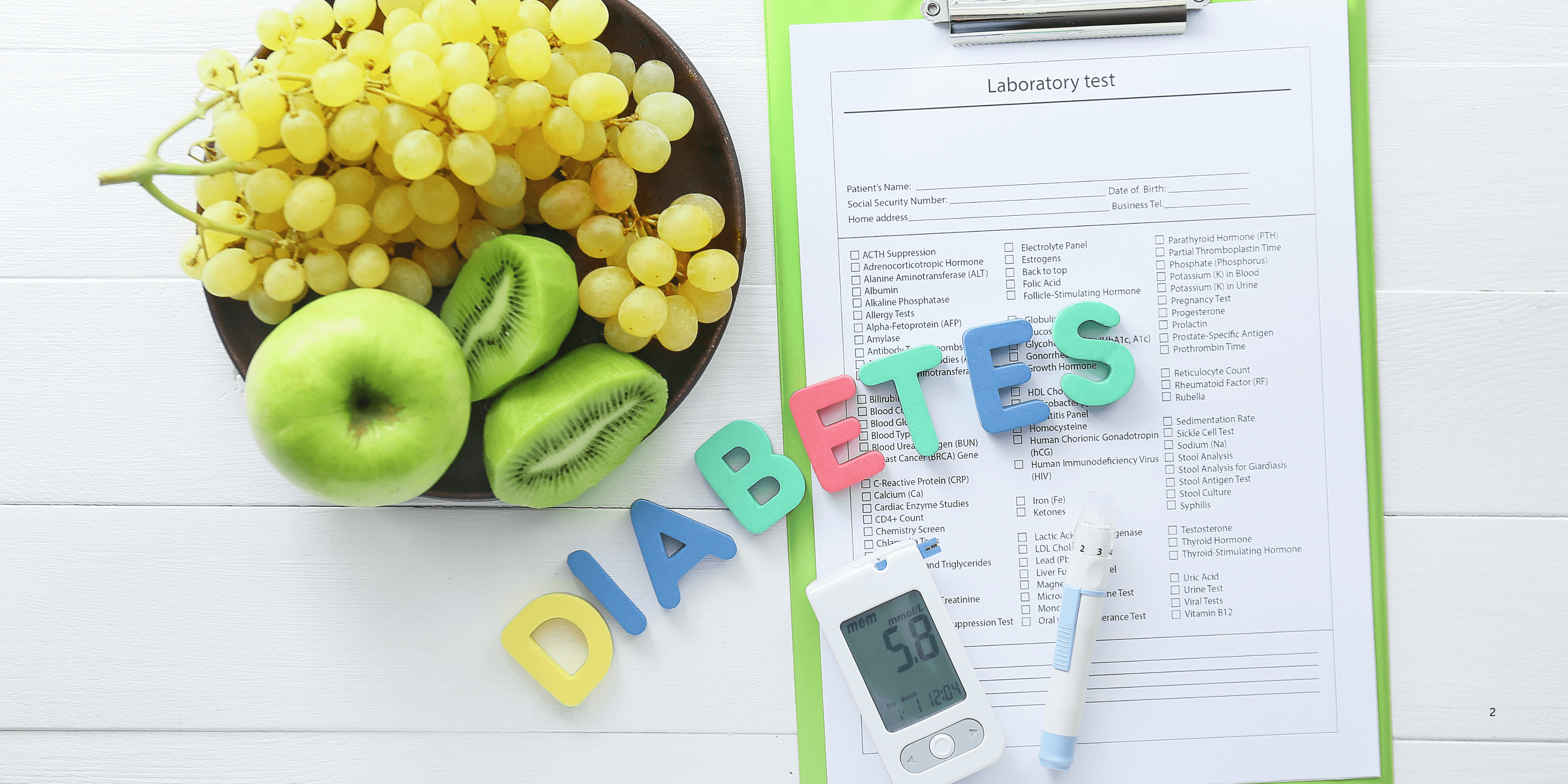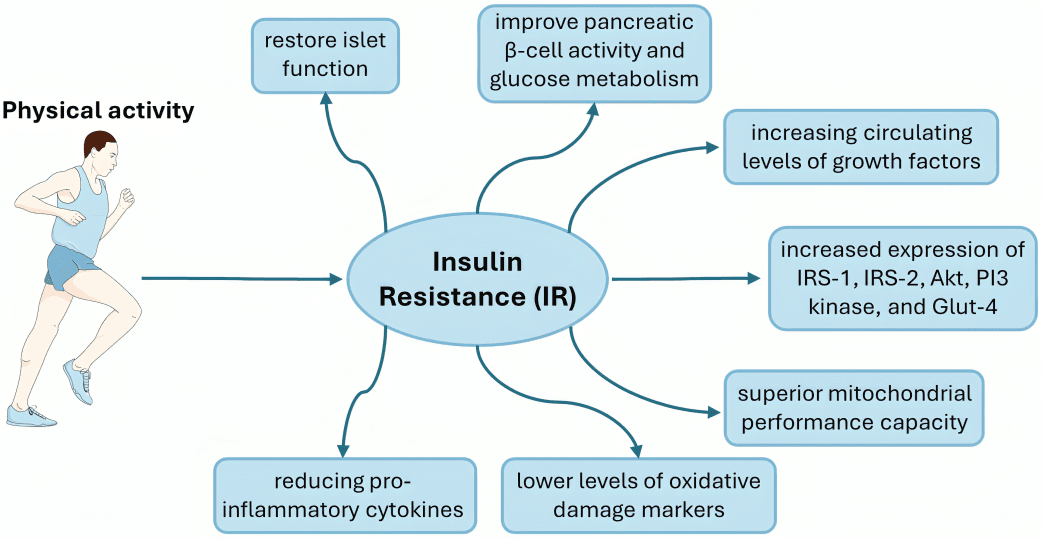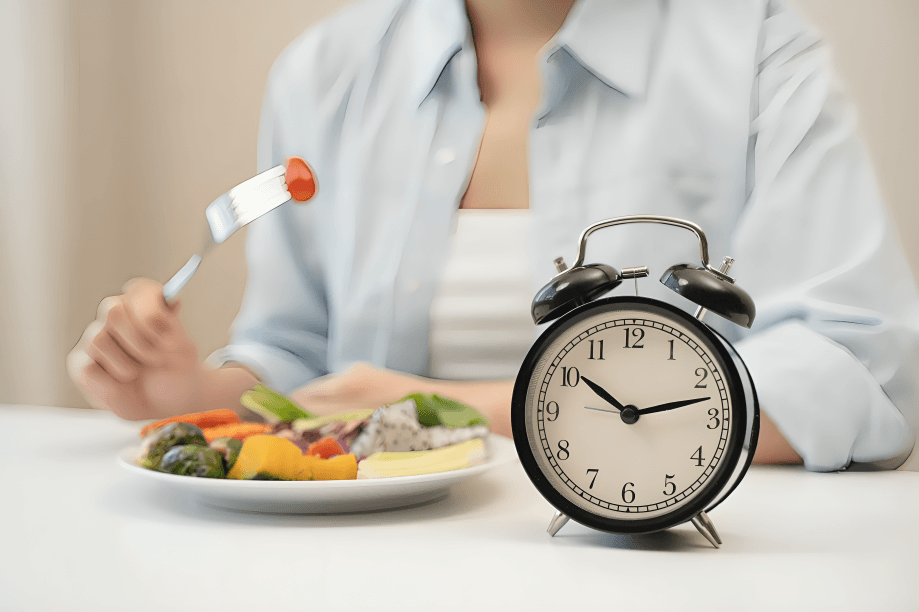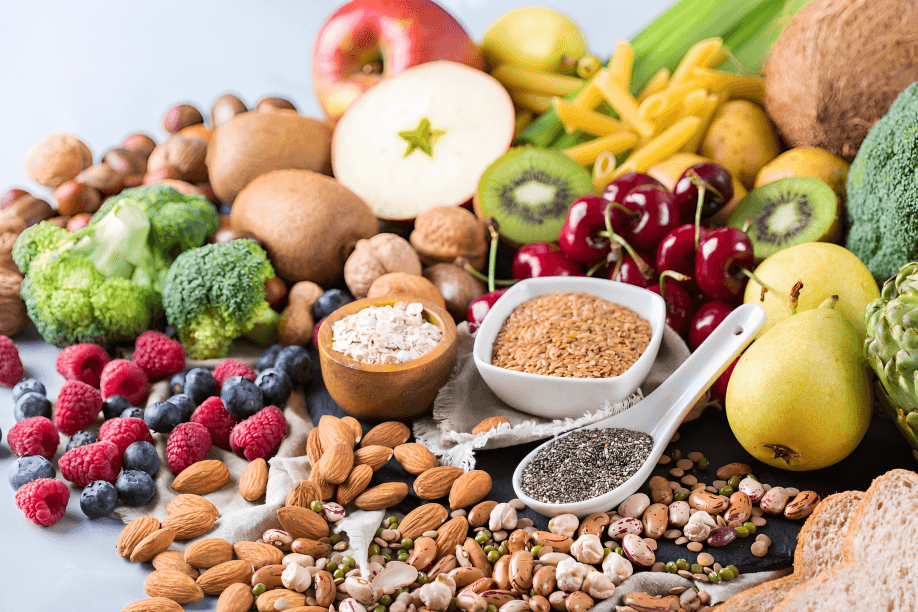
“
Understanding how to manage diabetes naturally can empower individuals to live healthier, more balanced lives. Instead of relying solely on medications, many people explore natural strategies that include diet, exercise, and stress reduction to stabilize blood sugar levels. 1
1
”
Ancient Greek physician Hippocrates emphasized balanced living and dietary habits to prevent diseases like diabetes, believing natural methods should guide the body back to health through active life choices. 1
Eating high-fiber foods like legumes, vegetables, and whole grains helps slow sugar absorption, preventing spikes in blood sugar levels and supporting long-term glucose control naturally and effectively. 2

Regular physical activity like brisk walking, swimming, or cycling improves insulin sensitivity, helping your body use insulin more efficiently and lowering blood sugar levels over time.
Losing even 5 to 10 percent of body weight significantly improves insulin function, reduces insulin resistance, and helps people with type 2 diabetes manage their condition more effectively. 3
A consistent sleep schedule of 7–8 hours supports hormone balance, decreases stress, and enhances insulin sensitivity, making it easier for the body to maintain healthy glucose levels naturally. 4
Consuming healthy fats from sources like avocados, nuts, and olive oil supports better heart health and blood sugar stability compared to trans or saturated fats from processed foods. 5
Apple cider vinegar, taken before meals, may help lower post-meal blood sugar by improving insulin response—though results vary, and it should be used with caution and guidance. 6
Drinking sufficient water throughout the day helps the kidneys flush out excess glucose via urine, which supports overall blood sugar balance and metabolic health. 7
Chromium-rich foods like broccoli, whole grains, and nuts may improve insulin efficiency and carbohydrate metabolism, supporting better control of blood sugar in people with diabetes. 8

Eating meals at consistent times daily helps the body anticipate and regulate glucose and insulin production, preventing sharp blood sugar fluctuations that often occur from irregular eating.
Including cinnamon in your diet might assist in lowering blood sugar levels by increasing insulin sensitivity, but it should be used as a supplement, not a replacement for medical care. 9
Probiotics found in yogurt and fermented foods support gut health, which in turn influences glucose metabolism and insulin sensitivity, contributing to more natural blood sugar control. 10
Eating protein with every meal slows carbohydrate absorption, reduces post-meal sugar spikes, and promotes a longer-lasting sense of fullness, making it easier to manage diabetes daily. 11
Walking for 10–15 minutes after meals improves blood sugar control by aiding digestion and helping muscles absorb glucose more efficiently—an easy, natural habit with big benefits. 12
Magnesium-rich foods such as spinach, almonds, and black beans help regulate insulin and glucose levels, and magnesium deficiency has been linked to poor blood sugar control in many adults. 13

Soluble fiber found in oats, flaxseeds, and citrus fruits creates a gel-like substance in the gut that slows digestion and sugar absorption, leading to improved glycemic control over time.
Eliminating sugary drinks like soda and choosing water, herbal teas, or black coffee reduces empty calories and minimizes sugar intake—an easy but powerful change in any natural diabetes plan. 14
Portion control is crucial in preventing overeating and maintaining steady glucose levels. Using smaller plates and measuring portions can help naturally regulate calorie and carbohydrate intake. 15
Grounding, or spending time barefoot on natural surfaces, is being explored as a stress-reducing method, which may lower cortisol and potentially benefit blood sugar management over time. 16
Modern doctors say combining lifestyle changes with regular glucose checks helps naturally control diabetes and correct sugar level changes early for better long-term health. 17


